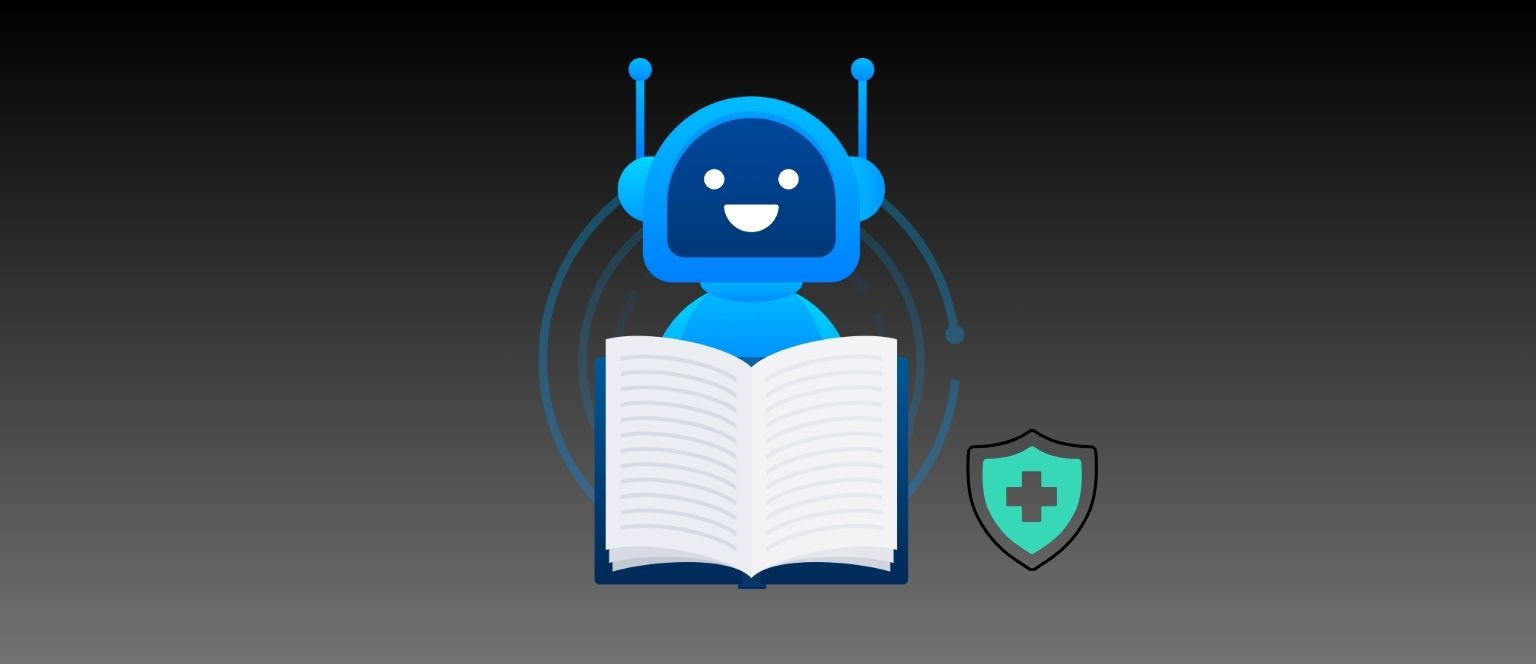So, you want to transform your brick and mortar into an e-commerce platform. You have done your research, asked your team to come up with the top-notch quality products, and also have the basic idea of what your online website will be like. However, the most challenging task is still left to consider. We are talking about selecting the right framework to design your e-commerce portal. When it comes to e-commerce website development company, three options that instantly pop in the mind are – Drupal, WordPress, and Magento. Each of these has separate communities of developers showing support and the debate of which is better than the other is certainly not ending soon. Hence, the big question remains, what is the best option to build your e-commerce website. To help you pick the right one for your e-commerce platform, we have compared Drupal, WordPress, and Magento on various factors. These points will not only get you acquainted with the three frameworks but will also guide you to reach a concise conclusion. So, let’s start with a brief insight into what Drupal, WordPress, and Magento actually are:
Table of Contents
What Is Drupal?
Drupal was first released in 2011 and provides an open-source framework to develop websites. Although it started as a Content Management System, it is now considered a popular PHP framework for a wide range of development solutions, be it a blogging portal, government website or an e-commerce store. However, it is highly preferred to offer flexible ecommerce development solutions with over 60,000 sites powered by Drupal ranging from start-ups to well-known companies. Thanks to almost 30,000 modules contributed by the Drupal community, it ensures additional functionality, such as tracking invoices, displaying products, accepting orders and monitoring payments. There are various other free modules as well that you can avail like payment gateways, shopping carts and shipping services. Some of the biggest and leading brands to use Drupal for their websites are First4Numbers, Time Warner Music, NASA, The United Kingdom Royal Mail.
What Is WordPress/WooCommerce?
Although WordPress was originally designed as a blogging platform, it has now emerged as a full-fledged CMS that is suitable to build various websites. It comes with a wide array of plugins for e-commerce that vary in price and quality. However, the most popular one is WooCommerce which is simple and user-friendly. We can certainly say that it is the easiest platform of all and demands no technical know-how. We need not explain why over 60 million websites are running on this platform. It contributes to approximately 27% of the world’s website and WooCommerce takes the credit for about 30% of total online stores. This open-source platform offers more plugins and themes as compared to any other CMS and if you want to cut your cost, then there is no better option.
What Is Magento?
Magento is also an open-source framework written in PHP language, uses the MySQL database system and includes the Zend Framework. It was primarily designed for e-commerce platforms in 2008 and has now emerged as the most preferred portal to build online shopping stores. Many people have still doubts about why one should chose Magento development services for ecommerce website development. Considering its great security and stability due to MVC, it drives significant traffic and is expected to win hearts with its attractive set of features which include a secure payment system, fast loading speed, responsive page to name a few. Apart from its integration with PayPal, it also supports various other payment gateways and protects the website against frauds. With wide community support, Magento is currently powering over 200,000 online stores. The list is not over yet. It provides online merchants with a flexible shopping portal, control over the design, appearance, functionalities and content of the website. You can either develop your own website or ask a proficient Magento developer to create a customized platform for your project. Examples of Magento websites are Oliver Bonas, Paul Smith, Brew Shop.
Here’s a quick comparison of all the three platforms by our professional IT consultation services. Just a quick read and you can decide which platform suits your business the best.
These comparisons showed you the best these platforms can offer. Further, we will learn about the cons of each eCommerce platform.
Where Does Drupal Commerce Lack?
Despite being free/open-source and highly customizable there are other aspects or features that drupal do not support.
Newbie Friendly – Developing an eCommerce site on Drupal requires technical expertise. Only with the expert skills and right configuration knowledge, Drupal modules need to be implemented to the backend to enable day-to-day operations. The configuration is difficult to make and comes with multiple challenges which will require a Drupal developer to deal with.
Compatibility Issues – Drupal commerce being new, has compatibility issues with the legacy or older eCommerce software. In the case of site migration, the site in Drupal will have to be recreated from scratch. However, the latest Drupal 8 comes with a Migration API that makes the migration process a lot simpler.
Drupal Developers are not Easy to Find – It is easy to find a good and reliable developer for other eCommerce, such as Magento and Shopify development services. Good Drupal developers aren’t easy to find, after all, you would not want a simple drag and drop specialist.
The other shortfall is the management of inexperienced users. However, with the assistance of the right developer, the possibilities become endless.
Where Does WooCommerce Lack?
We know that WooCommerce is incredibly popular, backed by a huge community of WordPress and WooCommerce developers to assist. Like Drupal, it is an open-source platform that can be easily customized. Besides, there are a few things that are not supported by WooCommerce.
Little Complex for Newbies – WordPress offers multiple tools for beginners to develop a simple eCommerce site for users. But when it comes to customization, the developers should have a strong command of PHP (on which WordPress runs) so that the customer can get what he is hoping for. So, a developer with an advanced skill set can quickly and easily make a unique website with the features you want to integrate.\
Require Development to Work Efficiently – Unlike other eCommerce platforms, WooCommerce and WordPress do not come with many tools that are requisite for development. A robust website would need its own hosting, plugins for security, payment gateway integration, and a friendly theme. So, for all features incorporation, you would need a dedicated software development team so that your eCommerce store works efficiently while meeting your and your customers’ needs.
WooCommerce plugins and tools are good for a small to mid-sized company. For large organizations that require extensive features, support, high-end functions, and top-tier customization without any scaling issues, the WooCommerce platform can be given in the hands of skillful and experienced.
Where Does Magento Lack?
Magento was developed especially to develop a robust and scalable online store. No wonder, Magento is extremely powerful and offers quick third-party integration making it one of the best eCommerce platforms in 2021. But, what Magento lacks are –
Complex Optimization – Since Magento is highly flexible and robust, it is also complex to optimize at the same time. With such potential and exceptional learning curve offerings, Magento demands an expert to make drastic changes without affecting the site.
Speed Dependent on Hosting – Despite exceptional benefits and speed offered to its customers, Magento’s agility is completely dependent on the hosting used for the website. Hence, it is always suggested to have a dedicated server for the Magento-integrated website. Without a speedy server, your customers can be frustrated from page load time.
Costly Affair – Unlike other eCommerce platforms, Magento is expensive to manage. However, the community edition of Magento is free to and certainly not the best. If companies want to take complete advantage of Magento – its Enterprise edition is suggested. Enterprise edition offers better functionalities, speed, security, and other premium features for which you may have to pay $15,000 per year.
Large companies with big-budget prefer Magento development services for a customized solution with a high-quality website, and many additional performance requirements.
Custom Solutions
Custom solutions allow companies to develop an online store with the functionality you need making it a perfect system for business. Custom solutions allow businesses to address and integrate any feature or design requirement they have. In many cases, custom solutions prove better than Magento, WooCommerce, and Drupal because here you are not customizing the existing platform, instead, you are developing one from the scratch. The benefit of developing a custom solution is that you do not have to sit back due to lack of budget, you can get a solution with necessary features that suits your budget. Custom solutions leverage the company to integrate new features as they extend their business and add more budget to their solution.
This was our take on the comparison between Drupal, Magento, and WooCommerce, the three most popular CMS for e-commerce websites. Honestly, picking one as the best would be unfair as each of them has its share of pros and cons. Drupal is unmatched for its attractive management and seamless e-commerce solution while Magento showcases a great market share and powerful extensions and there is no better choice for user-friendly platforms than WooCommerce. So, you need to analyze your business objectives and target to reach a final and beneficial conclusion. We hope that the above-mentioned points will guide you to make the right decision. Moreover, a custom solution is also an option for you to pick, where you add the features that are essential while aligning with your company norms and culture. So, if you want a customized eCommerce solution, you can look to A3logics for help.






